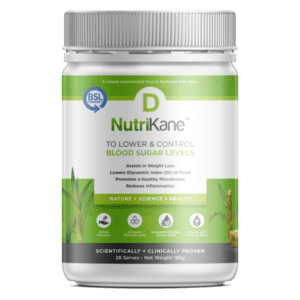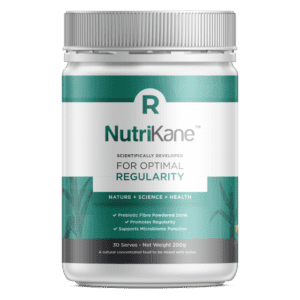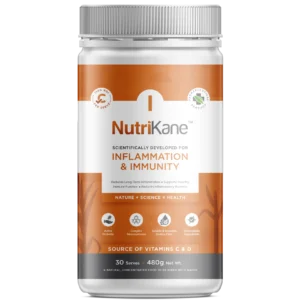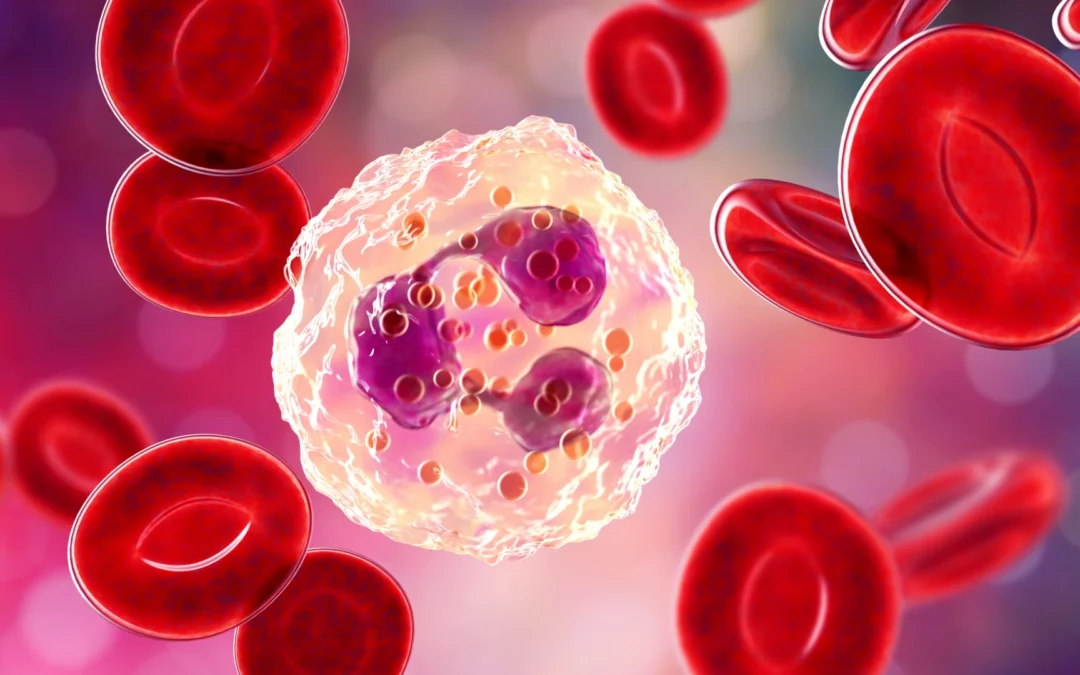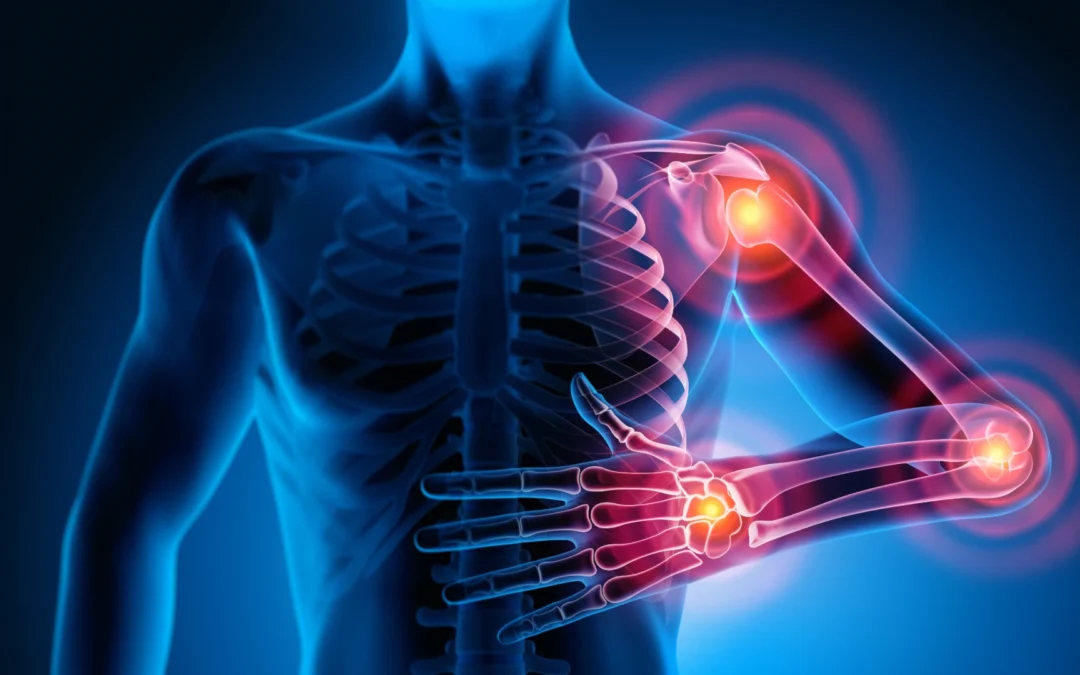Throughout history, most diverse cultures have espoused the idea that food plays a crucial role in maintaining health and preventing disease. In traditional Chinese medicine, the balance of yin and yang is not just a philosophical concept but a guide to choosing foods that maintain harmony within the body. Similarly, Ayurveda, the ancient system of medicine in India, emphasises individual constitution or “dosha” and prescribes specific diets tailored to one’s unique balance of elements. In ancient Greece, Hippocrates, often regarded as the father of Western medicine, famously said, “Let food be thy medicine and medicine be thy food.” Australian indigenous culture has a full medicine chest gathered from nature ( and currently being used by pharmaceutical companies as a source of new blockbuster drugs ), and as recently as the early 1900’s the typical Western pharmacy included many foods, herbs and spices. These age-old principles are now re-gaining recognition in contemporary science as researchers delve into the intricate ways in which nutrients interact with our bodies at the molecular level.
In an era dominated by pharmaceutical advancements and high-tech medical interventions, the age-old adage “food is medicine” is experiencing a renaissance.
Nutrigenomics: Unveiling the Molecular Dance of Food and Genes
One of the frontiers of modern medicine is the field of nutrigenomics, which studies the interaction between nutrition and our genes. It seeks to understand how different components of food influence gene expression and, consequently, our health.
Researchers are discovering that certain foods can “talk” to our genes, influencing the expression of specific traits associated with health and disease. For instance, cruciferous vegetables like broccoli contain compounds that can activate genes involved in detoxification processes. Omega-3 fatty acids found in hemp and fatty fish have been linked to the modulation of genes associated with inflammation. By understanding these interactions, scientists are paving the way for personalised nutrition plans that harness the power of food to optimise individual health.
The Microbiome: Ancient Ecosystems in a Modern Context
Ancient cultures may not have been aware of the trillions of microorganisms that inhabit our bodies, but their dietary practices are what created a healthy present-day gut microbiome. Recent research has highlighted the pivotal role of the microbiome in maintaining overall health, influencing everything from digestion to immune function and mental well-being. Fermented foods, a staple in many traditional diets, are now recognised as valuable sources of prebiotics, probiotics and postbiotics. Fermented foods contain not just beneficial bacteria that contribute to a thriving gut ecosystem, but food for them and the food they create for us.
The shift towards highly processed and sterilised diets in the modern world has been partially responsible for disrupting the delicate balance of a healthy microbiome, leading to a decline in microbial diversity and an increase in inflammatory bacteria in the gut. However, the resurgence of interest in fermented foods, and prebiotics, probiotics and postbiotics, reflects a return to ancient wisdom in promoting a healthy microbiome. As science continues to unravel the complex interplay between the gut and various aspects of health, the concept of using food as a tool to nurture our internal ecosystems is becoming increasingly central to medical discussions.
Food and Chronic Disease Prevention:
The prevalence of chronic diseases like heart disease, diabetes, and obesity is now recognised as a major global health challenge. In addressing these issues, the emphasis is now shifting from reactive medical interventions to proactive lifestyle changes, with diet playing a pivotal role. Ancient cultures intuitively understood the importance of a balanced diet in preventing disease, and now, scientific evidence is affirming these age-old principles. The concept of “food-as-medicine“ is experiencing a revival. The knowledge passed down through generations, rooted in the traditions of cultures worldwide, is finding validation in the laboratories and research centres of the 21st century. This fusion of ancient concepts with cutting-edge science is reshaping our approach to healthcare, recognising that the choices we make at the dinner table can be as impactful as any prescription.
NutriKane™: A Unique Solution for Improved Health
While whole, unprocessed foods remain the cornerstone of a healthy diet, the reality of modern living is that convenient alternatives, which are lower in nutritional value, have become the norm. It can be hard to find high nutrient foods even for those that are actively trying to eat a good diet, especially in a form that fits into a busy lifestyle.
Over the past ten years, NutriKane™ has scientifically developed a series of products, combining the principles of “Food-as-Medicine” with the advantages of targeted nutrition. Using these products, individuals can take proactive steps to promote gut health, stable blood sugar levels, sustained energy, and overall wellness.
We invite you to explore the full range of our products.

